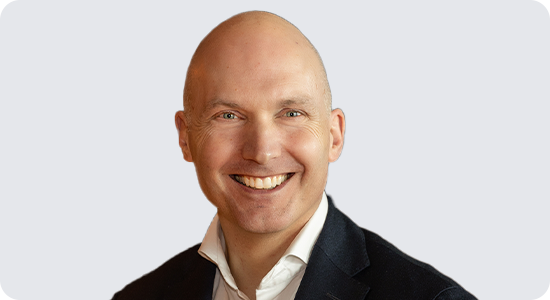Professor Dr. Yuri Bobbert won the ISACA Leadership Award last month for his "substantial impact as a serial entrepreneur, business executive and professor, excelling in both business and academia." ISACA is the world's largest community of digital specialists and presents the award annually to leaders in this digital field. Bobbert is the first Dutchman in ISACA's 50 years of existence to receive this award. In addition, Bobbert is a professor at the Antwerp Management School, where he guides students to develop their ideas into tangible solutions. PONT | Data & Privacy spoke to him about his nomination, cybersecurity as a societal challenge and the regulatory burden in Europe. On the latter, the professor is clear, "Europe needs to innovate, not deregulate."


